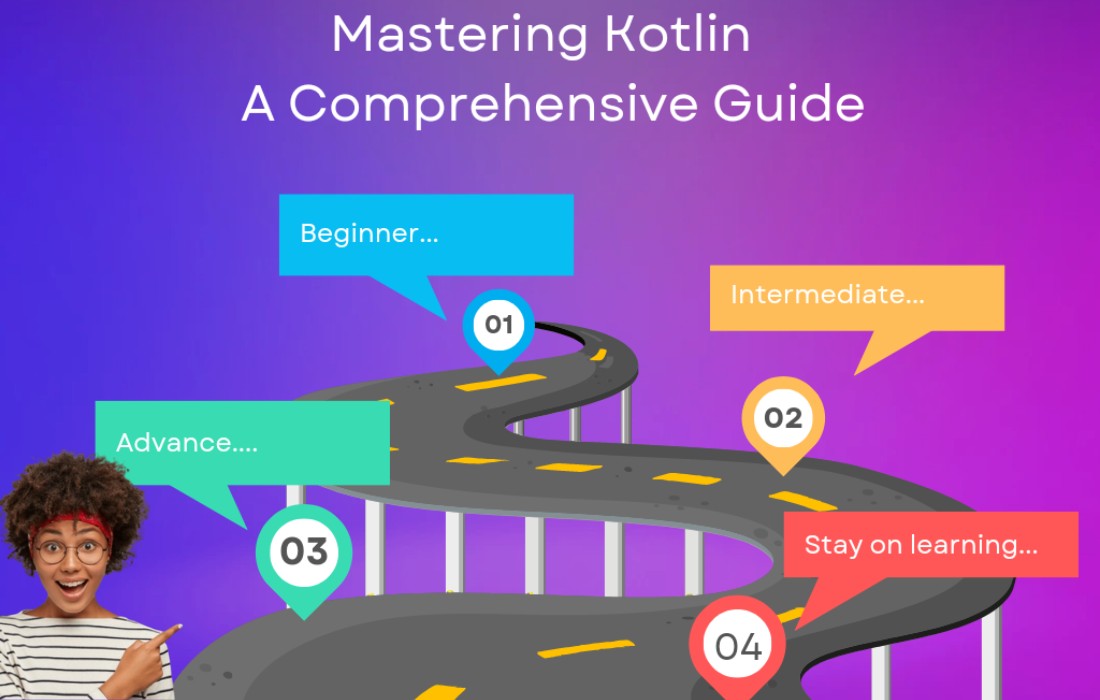Introduction to Functional Programming
In the world of software development, object-oriented (OO) programming has long been the standard, dominating various languages such as Java, C++, and Python. However, the emergence of functional programming (FP) offers a refreshing alternative. This blog will cover the key concepts of functional programming, how they are integrated into Kotlin, and why embracing functional paradigms can enhance the way we write software.
Functional programming emphasizes the use of functions as the key building blocks of code rather than objects, treating computation as the evaluation of mathematical functions. The idea is to create programs that are easier to reason about while avoiding issues related to state and mutable data. Kotlin, with its powerful combination of object-oriented and functional programming paradigms, provides an ideal environment for developers to explore and utilize functional programming principles.
Core Concepts of Functional Programming
At the heart of functional programming lie several fundamental principles that shape how we approach software design. These principles aim to reduce side effects, enhance clarity, and improve maintainability. Let’s explore some of the core concepts of functional programming:
- Pure Functions: These functions have no side effects, meaning they do not alter any state or data outside their scope. A pure function will always produce the same output for the same input, making them predictable and easier to test. Pure functions enable better debugging and reduce the risk of errors in complex systems.
- Higher-Order Functions: Higher-order functions are functions that either take other functions as arguments or return functions as their result. This ability allows for greater abstraction and modularity, letting developers create more flexible and reusable code.
- Immutability: Immutability is a key principle in FP that encourages the use of data that cannot be changed after creation. Immutable data structures eliminate many common bugs related to mutable states and concurrency. It also makes reasoning about code simpler and more intuitive.
- First-Class Functions: In functional programming, functions are first-class citizens, meaning they can be assigned to variables, passed as arguments to other functions, and returned as results. This flexibility opens up numerous possibilities for dynamic behavior and composability.
Functional Programming in Kotlin
Kotlin, emerging from the depths of JetBrains, embraces functional programming techniques while seamlessly integrating them with object-oriented programming. The language naturally combines both paradigms, offering developers an elegant syntax and an array of built-in higher-order functions to manipulate collections.
Kotlin provides various functions like map, filter, and reduce, which are staples of functional programming and allow developers to express complex operations succinctly. These functions make working with collections both powerful and intuitive.
Here’s a brief look at some of these essential higher-order functions in Kotlin:
map: Transforms each element of a collection based on a specified function.filter: Removes elements that do not satisfy a given condition.reduce: Accumulates a single result from a collection by iteratively applying a function to its elements.
Example of Higher-Order Functions in Kotlin:
In this example, map extracts the id from each event, and filter selects events where the id is negative. These operations exemplify how Kotlin integrates functional programming concepts into its standard library, making it easy to work with collections in a declarative style.
Leveraging Immutability and Pure Functions
Immutability is a cornerstone of functional programming. By ensuring that data remains unchanged throughout its lifecycle, immutable data structures make concurrent programming safer and reduce the risk of side effects. Immutability also improves code clarity and helps in debugging, as data flow is predictable.
Pure functions play a critical role in this process. Since their output depends solely on their input and has no side effects, pure functions simplify testing and debugging. They are isolated from external state, meaning they can be reasoned about independently, making it easier to spot bugs and predict behavior.
Consider the following example where we use a pure function to calculate the sum of squared values in a collection:
In this case, the function sumOfSquares is a pure function that calculates the sum of the squares of a list of numbers, and it does not modify any state outside its scope.
Sequences in Kotlin
While Kotlin’s standard collections are powerful, they can consume a lot of memory when performing operations that involve intermediate collections. For example, functions like map and filter produce new collections every time they are invoked, which can lead to performance inefficiencies, especially for large datasets.
To address this, Kotlin provides sequences—a way to work with collections lazily. Sequences allow operations to be applied one at a time, reducing memory overhead and improving performance by avoiding the creation of intermediate collections.
Creating Sequences:
You can create sequences in Kotlin using the following methods:
sequenceOf(): To create a sequence from a known set of values.
asSequence(): To convert an existing collection into a sequence, allowing for lazy operations.
generateSequence(): To generate a sequence based on a custom function, such as generating random numbers.
Since sequences are lazily evaluated, operations like map or filter are applied only when needed, making them more efficient for large datasets.
Conclusion: Embracing Functional Programming
As software development paradigms continue to evolve, understanding and embracing functional programming can offer significant benefits. Kotlin, with its integration of functional programming, allows developers to harness the power of higher-order functions, immutability, and pure functions, resulting in more expressive and maintainable code.
By leveraging these principles, Kotlin developers can create cleaner, more efficient, and scalable applications. As functional programming continues to gain popularity across the industry, mastering these concepts will provide developers with a competitive edge in modern software development.
The journey into functional programming is just beginning, and Kotlin provides a robust and flexible platform to explore these powerful paradigms. Happy coding!
Final Notes
This blog captures essential insights into functional programming within Kotlin, offering a strong foundation for developers seeking to expand their skills. Kotlin’s combination of object-oriented and functional paradigms provides the flexibility to write efficient, reliable, and maintainable code. Embrace functional programming in your Kotlin projects and unlock new possibilities in software development!












